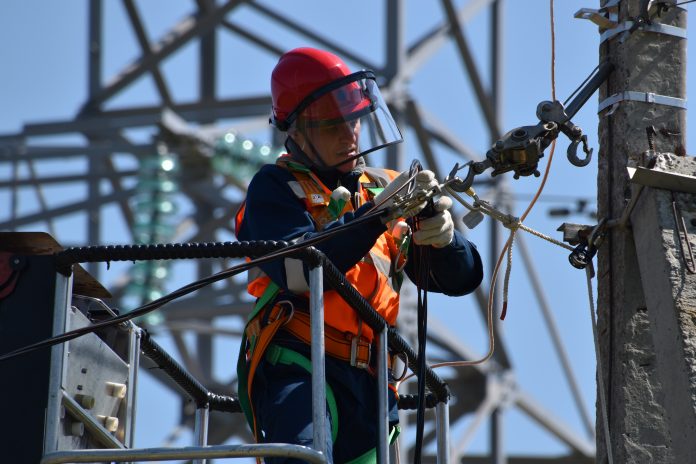Hiring an electrician for commercial nowadays tends to become a tedious job. There are times when people can no longer distinguish between a commercial electrician and an electrician for homeowners. Some also find it hard to assess the electrician’s qualifications and the type of projects that they usually handle. Some are good at handling electrical problems at home, while others are best for bigger and more complicated wiring requirements. For this reason, asking an electrical expert for his or her licence or working permit is no longer enough.
If you are planning to hire an electrician to work in your residential property, here are several guidelines that can help you pick the right one to do the job.
Commercial Vs. Residential Electricians: What’s The Difference?
Aside from their workspaces, there are plenty of differences between a commercial electrician and an electrician for homeowners. These two different groups of electrical experts use different equipment and varied wiring processes to comply with energy needs and different load demands. Typically, the load demands for establishments like hotels or hospitals are very different from your electricity needs at home.
You also need to check out the qualifications and licences required by the state before you hire an electrician to work on a commercial and residential establishment. Both types of electricians need to finish a four-year apprenticeship program and join and accomplish formal training for a year and work with a journeyman electrician for the duration of the program. After completing these training programs, the prospective electricians should pass a couple of location-based examinations to get their licence and the master electrician certificate. As soon as the apprentices finish these procedures, they can start practising their trade even without a journeyman electrician.
Commercial Vs. Residential Electricians: What Do They Do?
Generally, commercial electricians will work on the standard installations and repairs of specific equipment used in commercial establishments. They usually handle the wiring of breaker panels and install transformers and generators in large buildings. They also make sure that all the lighting fixtures and heating and cooling equipment are working correctly. Most importantly, these electricians need to make sure that the commercial establishment complies with the building requirements set by the local authorities.
Meanwhile, an electrician for homeowners will work on the electrical tasks needed in a residential property. They usually work on the wiring system of newly-built homes and install the light fixtures. They are also the person to call if the home encounters common electrical problems like flickering lights, overloaded circuit breakers, and other household electrical repairs.
How To Find An Electrician?
Whether you need the service of a commercial or a residential electrician, you need to ask some people to point you in the right direction. Aside from checking their licence and credentials, you can also ask your family and friends for referrals, so you can have an assurance that the person you hire is trustworthy and capable of doing the job. You may also check several online referral sites where people can leave a review about a specific electrician.
Looking for a person who can work on your electrical and wiring needs at home or commercial establishment can be a tedious job. However, by making sure that the person is highly qualified for the post, you can ensure that your property is safe and secured from any possible electrical problems in the future.
Author Bio: Isabella Hendricks is a blogger and writer. She loves to express her ideas and thoughts through her writings.











![How to Unlock Bootloader without PC On Android [2022]](https://cracktech.net/wp-content/uploads/2019/02/unlock-boot.png)